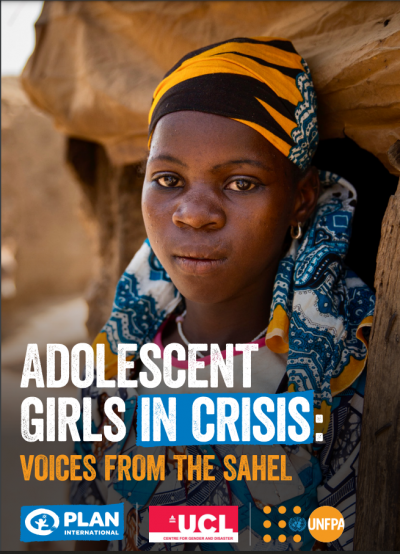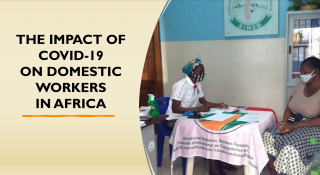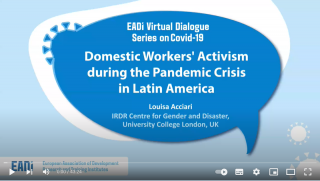Attention to gender in disaster and humanitarian settings inevitably leads to health issues and inequalities to access healthcare. Similarly: health disparities aggravate the impacts of disasters.
Description
We aim to work closely with our sister Centre for Gender and Global Health at UCL but we focus specifically on health and wellbeing in the contexts of disaster risk reduction, conflict and humanitarian crisis where sexual and reproductive health, for example, are often lacking. While violence against women and girls occurs in all settings and at all stages of development, women are more susceptible to violence during times of disasters, conflict and crisis due to increased insecurity and limited protective social systems, as has been seen dramatically during the COVID-19 crisis. Violence also includes child marriage which results in early pregnancy and social isolation, interrupts schooling, limits opportunities and increases risk of experiencing domestic violence for adolescent girls. Our research aims to make gender-based violence a more visible issue and support more informed humanitarian, development and DRR programmes.
Research : “Adolescent Girls in Crisis: Voices From The Sahel”
This research was conducted with adolescent girls, their families and communities in the Sahel region of Burkina Faso and Mali where people struggle with a long, complex and violent crisis. The Centre collaborated with Plan International and their field offices to conduct and analyse interviews with adolescent girls, boys, parents, guardians and other key members of their communities in order to better understand the social context and expectations that form girls’ experiences.
There is a dearth of evidence on the situation of adolescent girls in this conflict context and their unique needs are unseen and unmet. Their age and gender make them particularly vulnerable to the surrounding violence, which many have lived with all their lives, and which affects every aspect of their existence. However, their voices are rarely heard and their rights to security, education, health - not protected in the best of times - are rarely upheld in the worst of times.
Dowload the summary and full reports from Plan International

Research : The impacts of the Covid-19 on Domestic Workers



 Close
Close

